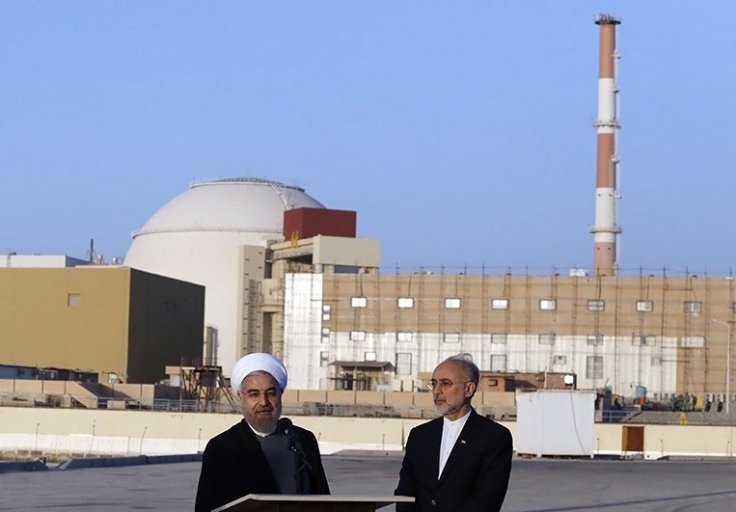Iran on Monday said it could take a "final and more effective" step concerning its nuclear deal if the other parties remain in default of their contractual obligations towards Tehran. Since May 2019, Iran has been gradually reducing its commitments to the 2015 agreement, which is officially known as the Joint Comprehensive Plan of Action (JCPOA).
"If this trend continues, Iran will take this effective step," Press TV quoted Foreign Ministry spokesman Abbas Mousavi as saying at a press conference.
The countermeasures came in response to the US' withdrawal from the deal last year, its resumption of anti-Iranian sanctions, and refusal by Washington-aligned deal partners -- the UK, France, and Germany -- to guarantee Iran's business interests under the JCPOA after the sanctions returned.

Retaliatory steps taken by Iran
As part of the retaliatory steps, Iran stopped recognizing the limits set by the deal on the level of its enrichment activities and the volume of its heavy water reservoir.
On January 5, however, the country said it would no longer observe any operational limitations on its nuclear industry, whether concerning the capacity and level of uranium enrichment, the volume of stockpiled uranium or research and development.
The decision came two days after an American drone attack killed Iranian Major General Qasem Soleimani in Baghdad. Mousavi said so far the countermeasures that have been taken by the Islamic Republic have been meant "to strike a balance" between the quality of Iran's commitment to the JCPOA and the way others honor the accord.
Amid their continued violation of the JCPOA, the European trio even decided to formally trigger a dispute settlement mechanism featured in the deal that saw them accusing Iran of flouting the agreement.
Mousavi said, though, that despite the "betrayal" perpetrated by some European states, "the door to negotiation with them has not been closed yet", adding" "The ball is in their court."








